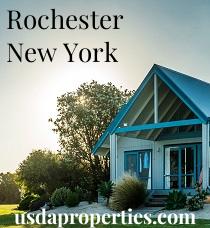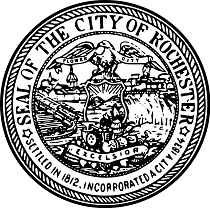Interested in fun facts and the history of Rochester, NY?
Then read on!
Rochester, New York played a significant role in the American Civil Rights Movement. One of the city's most notable residents was Frederick Douglass, a former slave who became a prominent abolitionist and civil rights leader. Douglass moved to Rochester in the 1840s and founded the abolitionist newspaper "The North Star."
In July 1852, Douglass gave one of his most famous speeches, "What to the Slave is the Fourth of July?", at Corinthian Hall in Rochester. In it, he condemned the hypocrisy of celebrating freedom and independence while denying those same rights to enslaved and oppressed individuals. The speech helped to fuel the anti-slavery movement and is still considered a powerful indictment of American racism and inequality.
Another historical anecdote of Rochester is that the city was a major center of the women's suffrage movement. In 1848, the first women's rights convention was held in nearby Seneca Falls, and many of the leaders of the suffrage movement, including Susan B. Anthony, lived in Rochester. The city hosted many suffrage rallies and campaigns, and in 1917, New York State granted women the right to vote.

